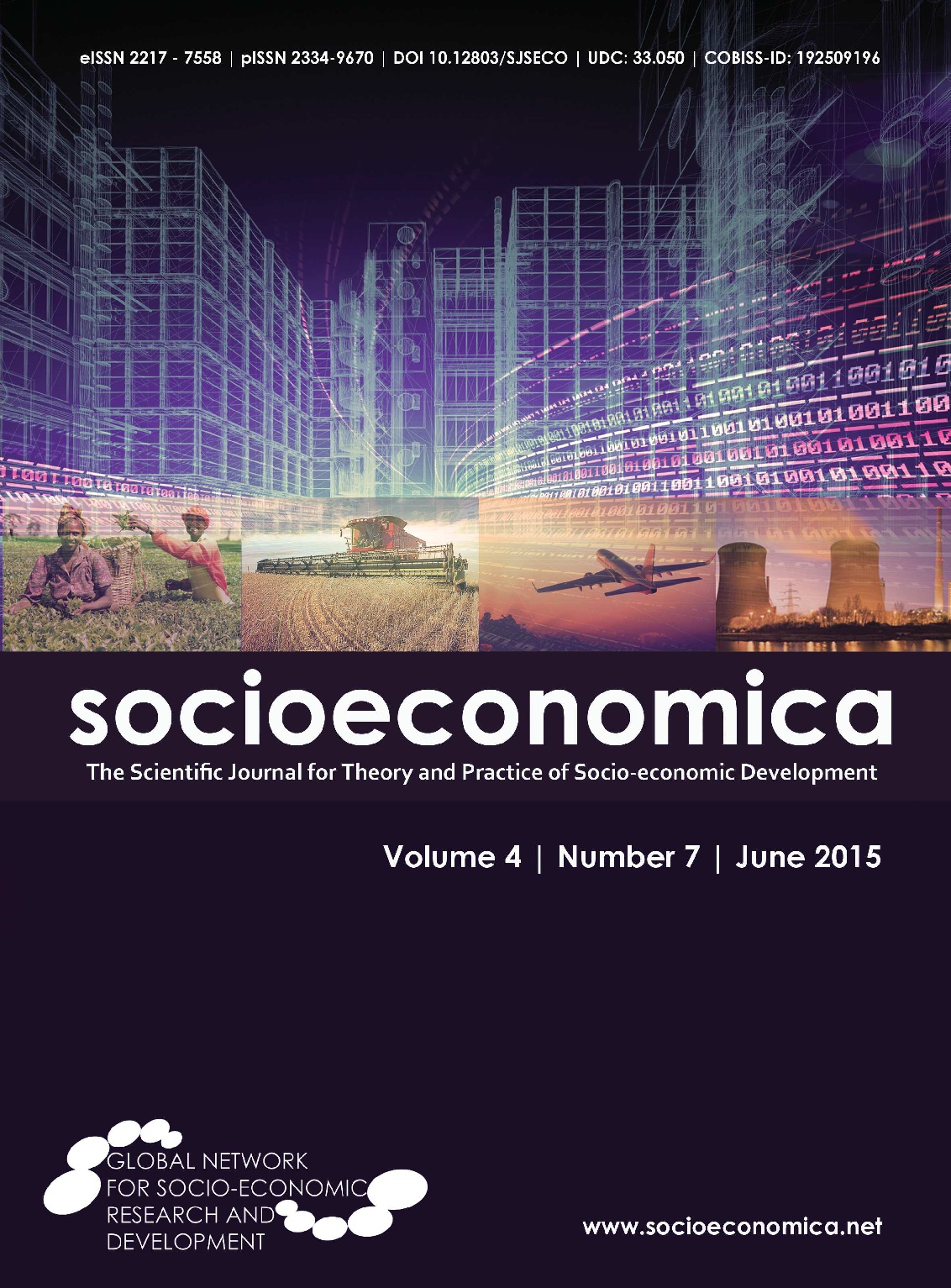Operationalizing Sustainable Residential Development In Ghana: Consumer Attitudes Toward Willingness-To-Pay For Sustainable Alternatives
Operationalizing Sustainable Residential Development In Ghana: Consumer Attitudes Toward Willingness-To-Pay For Sustainable Alternatives
Author(s): Simon Ofori Ametepey, Clinton O. AigbavboaSubject(s): Business Economy / Management, Organizational Psychology, Economic development, Environmental interactions, Financial Markets
Published by: Naučno društvo za promociju i unapređenje društvenih nauka AKROASIS
Keywords: Capital costs; Ghana; Life cycle; Return-on-investment; Sustainable residential development;
Summary/Abstract: For centuries humankind’s built environment and quality of life has been closely predicated on the diversity and availability of natural resources. However, it has become evident that the ecological bounds that have provided a seemingly infinite stream of resources are showing signs of global degradation. As a result, a new focus has been placed on the concept of sustainable development. For sustainable alternatives to materialize in a freemarket, it must be driven by market-based solutions and not solely by government regulation. Hence, this research sought to determine the extent to which current markets exist for sustainable alternatives and consumer response to the cost-benefit of sustainable alternatives in Ghana. A Market Survey Assessments methodology was adopted to determine the extent to which capital costs and life-cycle return on investment (ROI) affect consumer willingness to pay for sustainable alternatives. Questionnaire was adopted to assess consumer attitudes toward cost and non-cost related issues pertaining to sustainable residential construction. The population of study for this research consists of owner occupied single family housing units in high-growth residential regions of Accra consisting of areas of East Legon, and Trassaco Valley. Cross-tabulation and correlation analysis were then used to describe, correlate and draw inference from the survey response data. The results revealed that consumers were found to prioritize level of willingness-to-pay according to total return-on-investment, meaning willingness-to-pay changed proportional to changes in total return as that the vast majority of consumers chose high capital cost, high return alternatives. Results also indicated that the savings-to-investment (SIR) ratio was not as significant a consideration, meaning that if consumers viewed the purchase of a sustainable alternative as an “opportunity” cost, they should have chosen low cost, low return alternatives, which had the highest SIR, and invested the balance of their available resources elsewhere. As a result, the most fundamental discovery is that although incremental changes in capital costs, SIR and capital cost recovery are contributing factors, the variable most influencing consumer willingness-to-pay was clearly rate-of return and subsequent ROI.
Journal: Socioeconomica - Naučni časopis za teoriju i praksu društveno-ekonomskog razvoja
- Issue Year: 4/2015
- Issue No: 7
- Page Range: 53-66
- Page Count: 13
- Language: English

